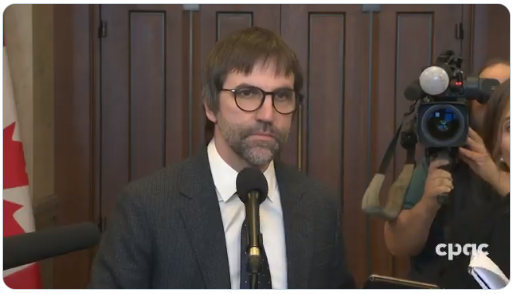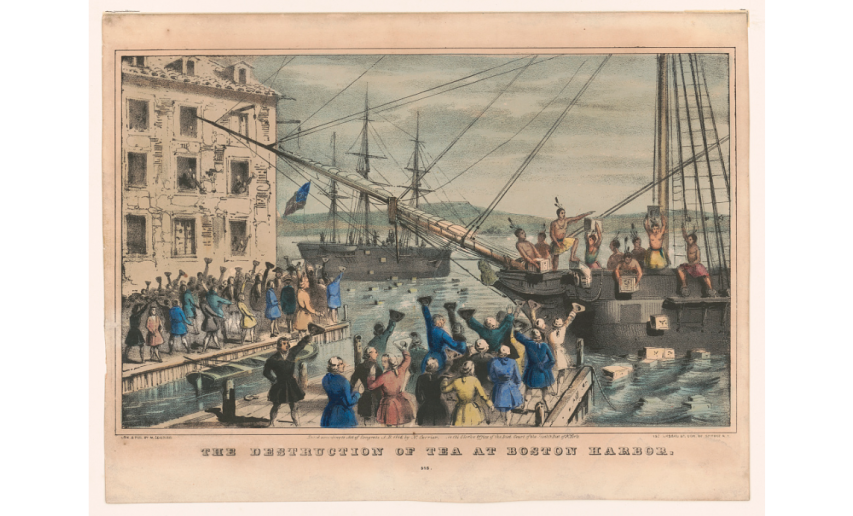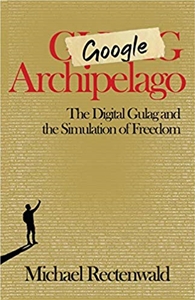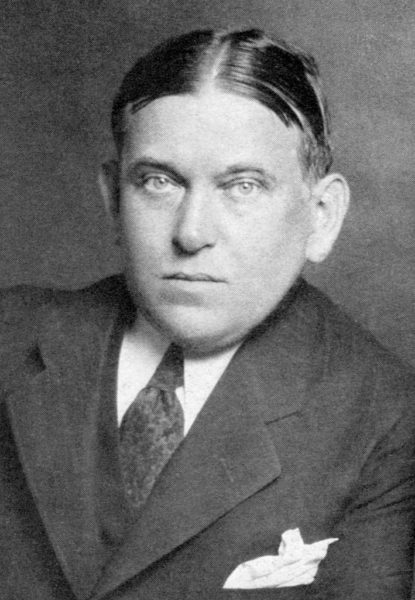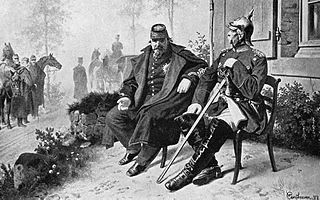In Spiked, Brendan O’Neill says that even people who say racist things should not be censored on social media:
Katie Hopkins is a racist. Anyone who hadn’t already gleaned that from her dalliances with the vile race-baiters of Generation Identity types or her use of the word “cockroaches” in a column about immigrants will surely see it now following the speech she made at a phoney awards ceremony in Prague. Internet pranksters invited Hopkins to accept the Campaign to Unite the Nation Trophy (CUNT), during which Hopkins made a speech filled with racist epithets. She mocked Pakistani speech patterns. She compared Asians to epileptics. She described Muslims as retards who rape their mothers. She said that if you shout “Mohammed” in a British playground, thousands of “fucking” kids will come running, and “you don’t want any of them”. Vile, hateful stuff.
And yet Hopkins should not be banned. She should not be thrown off social media. Censorship is not the right solution to any problem, including prejudicial or hateful commentary. Last week, Hopkins, to the delight of the illiberal liberals who make up the commentariat and cultural elite in the UK, had her Twitter account suspended. Reportedly at the behest of Countdown host and campaigner against anti-Semitism Rachel Riley, and the chief exec of the Centre for Countering Digital Hate, Imran Ahmed, Twitter erased all of Hopkins’ tweets and prevented her from accessing her account. People are celebrating this as a victory of decency over hatred; in truth, it is a victory of corporate power over freedom of speech.
[…]
That’s the thing: once you empower Twitter and other capitalist-founded platforms to decree who may speak and who may not, you are green-lighting a sweeping, global system of censorship. Both right-wing libertarians and left-wing radicals, ironically, say the same thing in response to this concern. They say, “Well, Twitter and the rest are private companies, so surely they have the right to say who can and cannot use their services”. It is predictable that the myopic libertarian right would so cavalierly elevate powerful corporations’ property rights over the free-speech rights of individuals – but to hear leftists do that is alarming. Clearly, their woke intolerance, their urge to censor everyone they disagree with, has now gone so far that they will happily empower unaccountable capitalists over ordinary people and give a nod of approval to the corporate control of public discussion.
And then there is the more difficult part of this discussion. Even if Hopkins had said genuinely racist things on Twitter – as she did in her Prague speech and has also done elsewhere – still she should not be censored. One of the many great things about freedom of speech is that it allows us to see what people really think. And that is empowering. It means that the rest of us – the potential audience to an individual’s speech – can use our intelligence and our principle to counter that speech, to criticise it, to ridicule it, to prove it wrong. Freedom of speech doesn’t only empower the speaker. It also empowers the audience. It allows us to exercise our moral judgement. Censorship, in contrast – whether it’s state censorship or corporate censorship – is fundamentally infantilising. It insults us and demeans us by blocking words and images on our behalf, as if we were children. It weakens our moral muscles and intellectual savvy by discouraging us from ever thinking for ourselves. Well, why should we, when wise people in government or Silicon Valley will think for us?
Katie Hopkins should be reinstated on Twitter. Not because she has anything of value to say, but for these three reasons. 1) Everyone, even objectionable people, must have the right to express themselves. That is the entire nature of freedom of speech. If we limit free speech, for any reason whatsoever, then it isn’t free speech at all. It is licensed speech, something gifted to us by officialdom or capitalism so long as we say things they find acceptable. 2) We, the audience, must have the right to hear all ideas and to decide for ourselves if they are good or bad. Anything else is just pure, foul paternalism that turns us from thinking citizens into overgrown children who must be protected from difficult ideas. 3) Corporate censorship is as bad as state censorship. Calling on powerful people or rich people to police the parameters of acceptable thought, and to expel anyone who says something bad, is a catastrophically erroneous thing to do. Trust people, not power; prefer freedom over control.


